Do Dogs Really Miss Their Owners When We're Gone? 🐕💔

When we head out into the world—whether it's for work, dinner, or drinks with friends—we inevitably leave our beloved pets behind at home. After experiencing that initial wave of guilt from their sweet, pleading faces begging us not to go, we climb into our cars and usually don't think much about them until we return. But what about our furry companions? Do dogs miss their owners when they're gone, like a family waiting for a soldier to return from deployment, gazing at their portrait on the wall? Let's dive deep into this heartwarming question! 🏠❤️
Understanding How Dogs Experience Time and Emotional Connection ⏰🧠
To truly explore whether dogs miss their owners, we first need to understand how our canine companions perceive time itself.
When humans think about time, we utilize what scientists call episodic memory—our ability to connect specific events to particular times, places, and emotions. Time, as we know it, is fundamentally a human construct. No other species breaks down time into the precise units of seconds, minutes, hours, days, weeks, months, and years that we do.
As humans often do, we tend to assume that everyone and everything thinks exactly like us. This assumption definitely extends to our pets. It might explain why they seem to "know" when we're coming home from work, when it's walk time, or when dinner should be served, right? 🤔
Not quite! While dogs appear to live primarily "in the moment," their ability to learn from past events and anticipate future ones suggests they do possess their own unique, canine form of episodic memory. However, it functions quite differently from our human version.
The Science Behind Canine Attachment 🔬
Groundbreaking Research on Dog Emotions
Recent studies have revolutionized our understanding of how dogs experience separation from their owners. In 2011, neuroscientist Gregory Burns conducted pioneering research by training dogs to remain still in MRI machines, allowing scientists to observe their brain activity under various circumstances. Talk about dedication to science! 🧬
The results were fascinating: dogs' brains showed increased activity in areas associated with positive emotions when exposed to their owner's scent compared to strangers' scents. This neurological evidence strongly suggests that dogs form deep emotional bonds with their human families.
Behavioral Evidence of Missing Their Humans
Combined with behavioral studies by researchers Therese Rehn and Linda Keeling, we can confidently conclude that dogs definitely experience something akin to "missing" their owners. While we can't know if this feeling matches our human experience of missing someone, the evidence is compelling.
Dogs demonstrated the most intense positive reactions when reunited with owners after longer separations. While they were happy to see their humans after 30 minutes, they showed even greater excitement after 2-hour separations. This suggests dogs can distinguish between shorter and longer time periods, even if they don't understand time the way we do. ⏱️✨
Signs Your Dog Misses You 💕
Wondering if your furry friend misses you? Look for these telltale signs:
Physical Behaviors:
- Cuddling with your clothes or sleeping on your bed 🛏️
- Waiting by the door or window when you typically return
- Following your scent trail around the house
- Carrying your belongings around (shoes, socks, etc.)
Emotional Responses:
- Whining or vocalizing when you leave
- Avoiding eye contact during departure (they know what's coming!)
- Over-the-top excitement when you return home 🎉
- Shadowing you closely after you've been away
Understanding Separation Anxiety vs. Normal Missing 😰
The Difference Between Missing and Anxiety
While it's normal and healthy for dogs to miss their owners, separation anxiety is an entirely different—and more serious—condition.
Normal Missing Behaviors:
- Mild disappointment when you leave
- Waiting patiently for your return
- Happy greetings when you come home
- Occasional whining or restlessness
Separation Anxiety Warning Signs:
- Excessive barking, howling, or vocalizing (ask your neighbors!) 📢
- Destructive behaviors (chewing furniture, scratching doors/windows)
- House accidents despite being house-trained
- Excessive drooling, panting, or trembling
- Attempting to escape (potentially causing self-injury)
- Complete loss of appetite when alone
The Physical Impact of Separation Anxiety
Dogs experiencing separation anxiety undergo genuine physical and mental stress. Their cortisol levels spike, triggering a cascade of stress responses throughout their bodies. This isn't just behavioral—it's a medical condition that requires proper attention and treatment.
Modern Solutions and Monitoring 📱
Today's pet owners have unprecedented insight into their dogs' alone-time behavior thanks to indoor pet cameras. These devices have revealed that many dogs experience anxiety that owners never realized existed. While it can be heartbreaking to watch, this technology also helps identify problems early and track improvement with treatment.
Effective Strategies for Managing Separation 🛠️
Preparation Techniques
Exercise is Key: Ensure your dog gets plenty of physical activity before you leave. A tired dog is more likely to rest peacefully while you're gone. Consider a morning walk, play session, or even a quick game of fetch in the backyard. 🏃♂️🎾
Mental Stimulation: Puzzle toys, treat-dispensing balls, and frozen Kong toys stuffed with peanut butter can keep your dog's mind occupied. These special "departure treats" should only come out when you leave, creating positive associations with your absence.
Gradual Conditioning: Practice short departures and gradually increase the time you're away. Start with just a few minutes and work up to longer periods, always returning before your dog becomes anxious.
Professional Help and Medical Options 💊
For severe cases, don't hesitate to consult professionals:
Veterinary Options:
- Prescription medications like amitriptyline or alprazolam
- Natural supplements including chamomile, valerian, or CBD products
- Behavioral medication combined with training for best results
Professional Training:
- Certified dog behaviorists can create customized treatment plans
- Group classes for separation anxiety support
- One-on-one training sessions for severe cases
The Benefits of Healthy Alone Time 🌟
Why Independence is Important
Despite our guilt about leaving them, alone time actually benefits dogs in several ways:
Builds Confidence: Dogs who can comfortably spend time alone are generally more confident and well-adjusted.
Prevents Over-Attachment: While bonding is wonderful, dogs who never spend time alone can develop unhealthy dependencies.
Promotes Rest: Many dogs use alone time to catch up on sleep, which is essential for their physical and mental health.
Reduces Reactivity: Dogs who are comfortable being alone are often less reactive to environmental changes and stimuli.
Safe Alone Time Guidelines ⏰
Duration Limits: No dog should be left alone longer than they can hold their bladder:
- Puppies (8-16 weeks): 1-2 hours maximum
- Young dogs (4-6 months): 2-4 hours
- Adult dogs: 4-6 hours (varies by size and breed)
- Senior dogs: May need more frequent breaks
Environmental Considerations:
- Comfortable temperature (never leave dogs in cars!)
- Access to water
- Safe, dog-proofed space
- Familiar scents and comfort items
Building a Stronger Bond Through Healthy Separation 💪❤️
Quality Time Strategies
When you are home, make it count:
Focused Attention: Put away phones and computers during dedicated dog time. Your full attention strengthens your bond more than hours of distracted presence.
Training Sessions: Short, positive training sessions build communication and trust between you and your dog.
Adventure Time: Take your dog on new adventures when possible. Many businesses now welcome well-behaved dogs, from pet stores to outdoor cafes. 🍽️
Routine Building: Consistent routines help dogs feel secure and know what to expect.
Creating Positive Associations with Departure
Make leaving a positive experience:
Special Treats: Reserve high-value treats exclusively for when you leave Calm Departures: Avoid dramatic goodbyes that can increase anxiety Consistent Routines: Follow the same departure routine to reduce uncertainty Quick Returns: When possible, return for brief visits to reinforce that you always come back
The Verdict: Love Transcends Time ⭐
While we can't ask our dogs directly if they miss us and receive a clear English response, scientific research strongly suggests they absolutely do. Dogs form deep emotional bonds with their human families, and they experience genuine joy when reunited after separations.
The key is finding the right balance. Your dog's enthusiastic greeting when you return home isn't just excitement—it's love, loyalty, and relief all rolled into one furry package. Don't let guilt about leaving them diminish the joy of these reunions.
Remember, separation anxiety is a medical condition, not a reflection of your relationship or care. Just like depression in humans, it's not your fault and nothing you've done wrong. With proper understanding, preparation, and sometimes professional help, both you and your dog can navigate separations with confidence.
Celebrating Your Bond 🎨
For those who love their dogs like family, consider commemorating your special relationship with custom pet portraits or matching accessories. These tangible reminders of your bond can bring comfort when you're apart and celebrate the incredible connection you share.
The bottom line? Yes, your dog misses you, and that's actually beautiful evidence of the profound interspecies bond you've built together. Embrace it, manage it responsibly, and remember that every reunion makes the relationship stronger. After all, absence truly does make the heart grow fonder—even the canine heart! 🐾💕





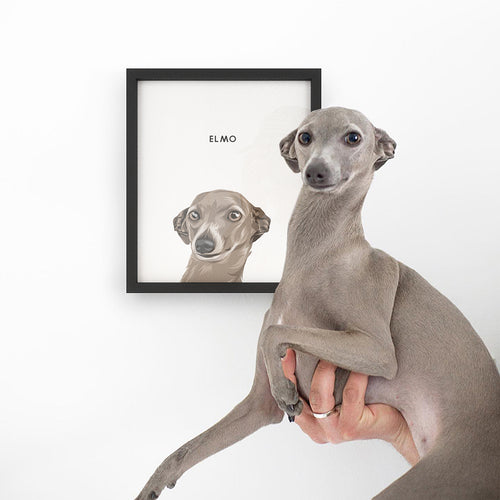

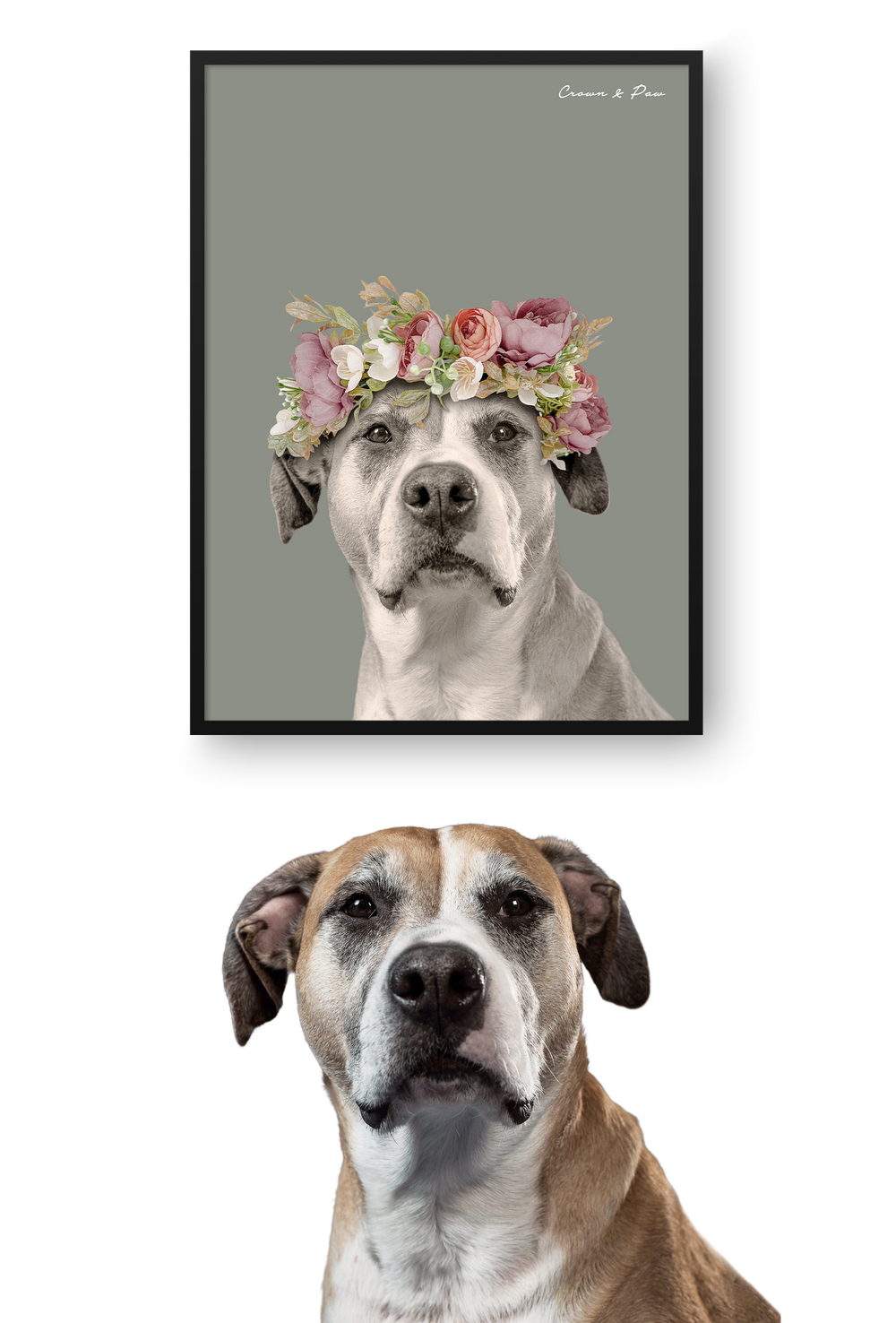

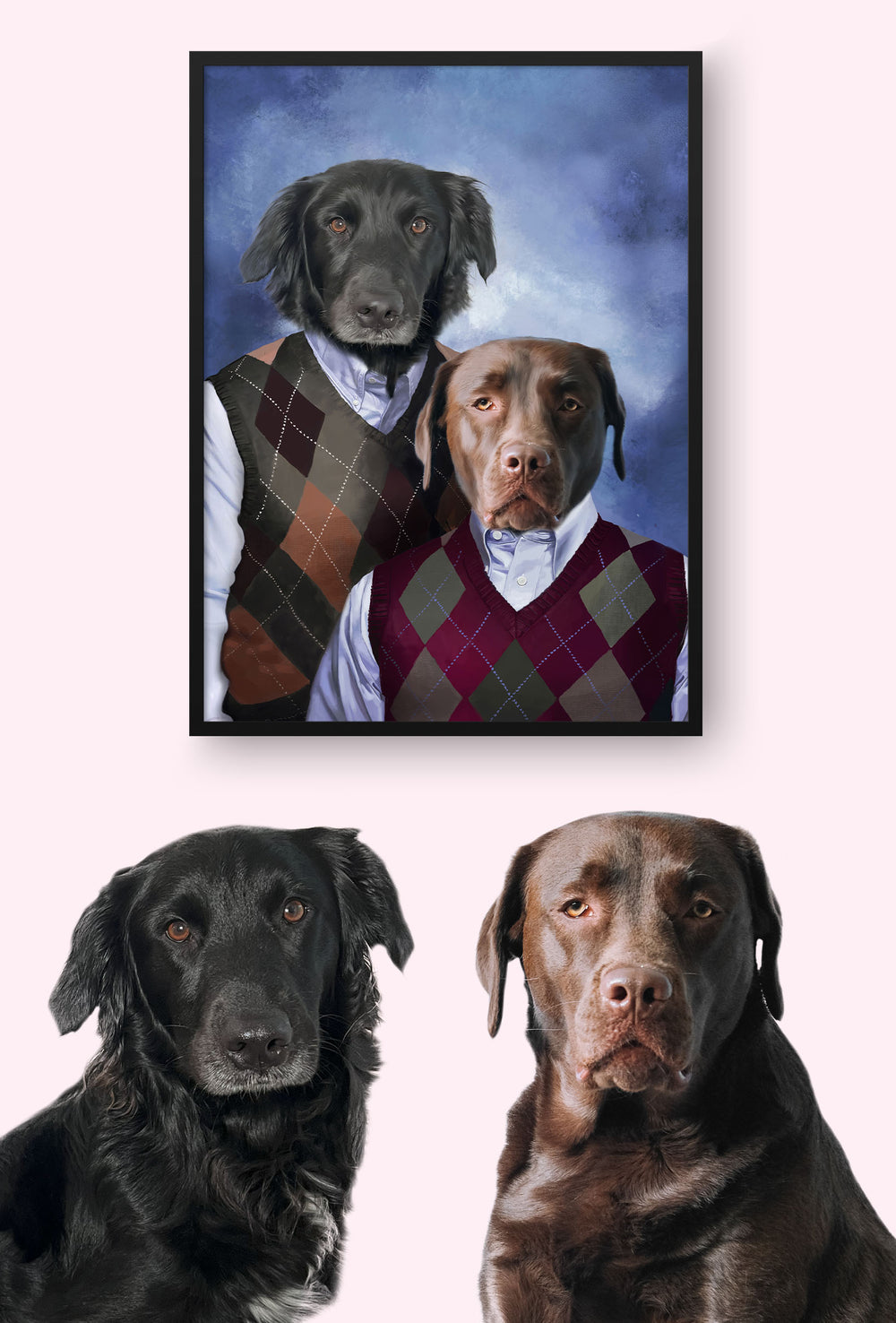

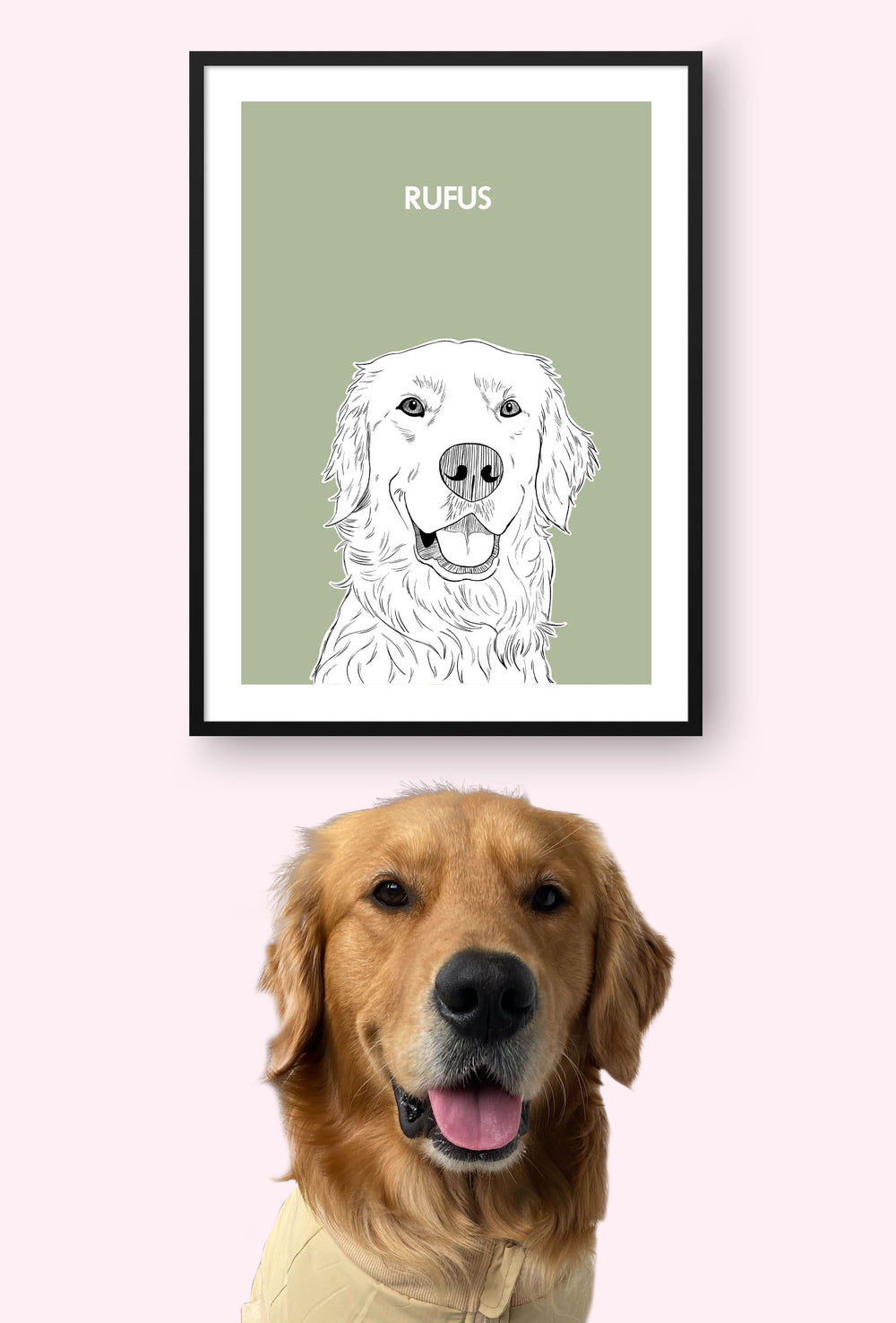



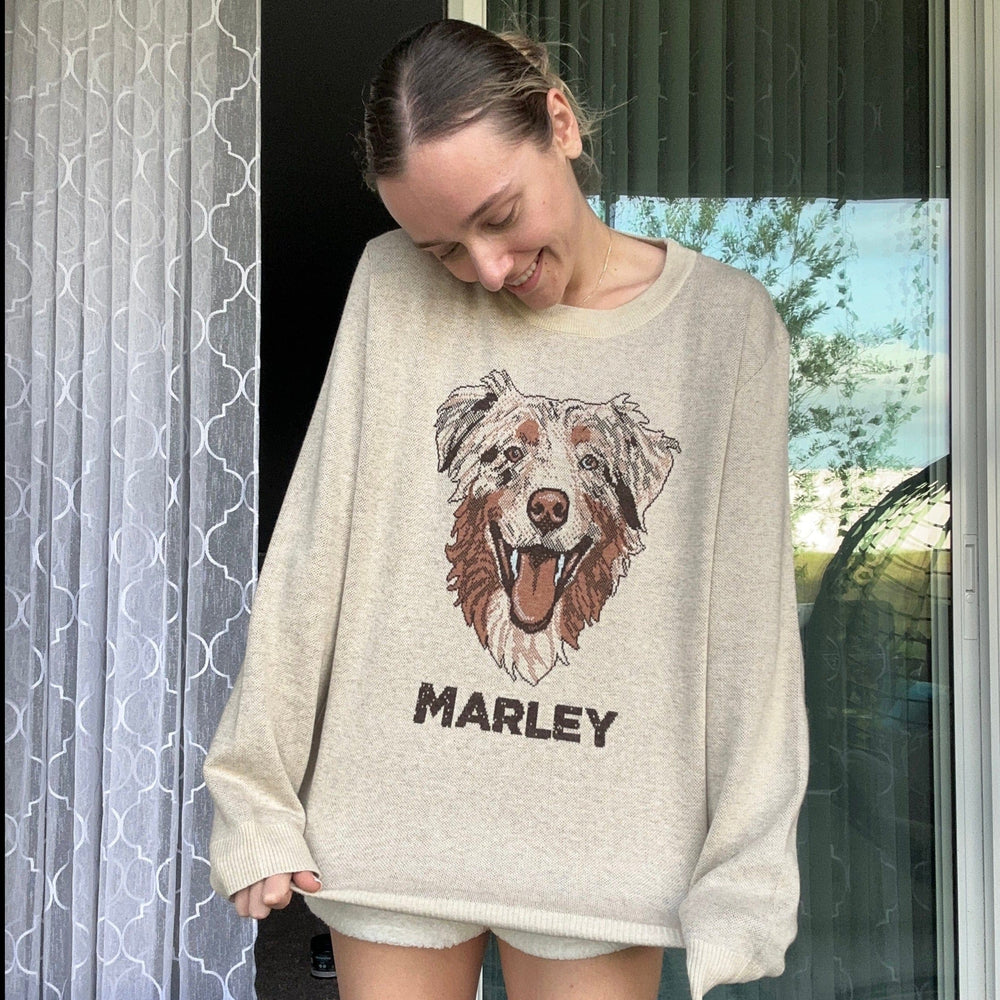
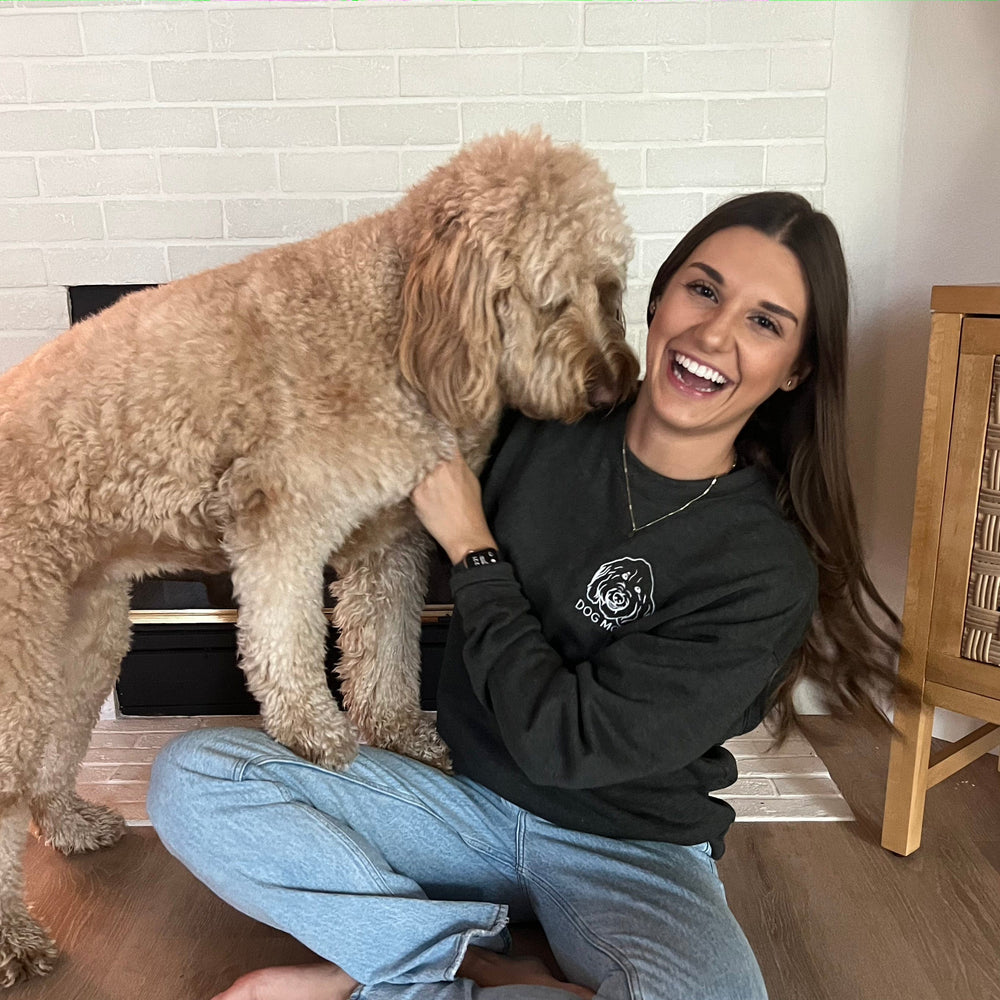
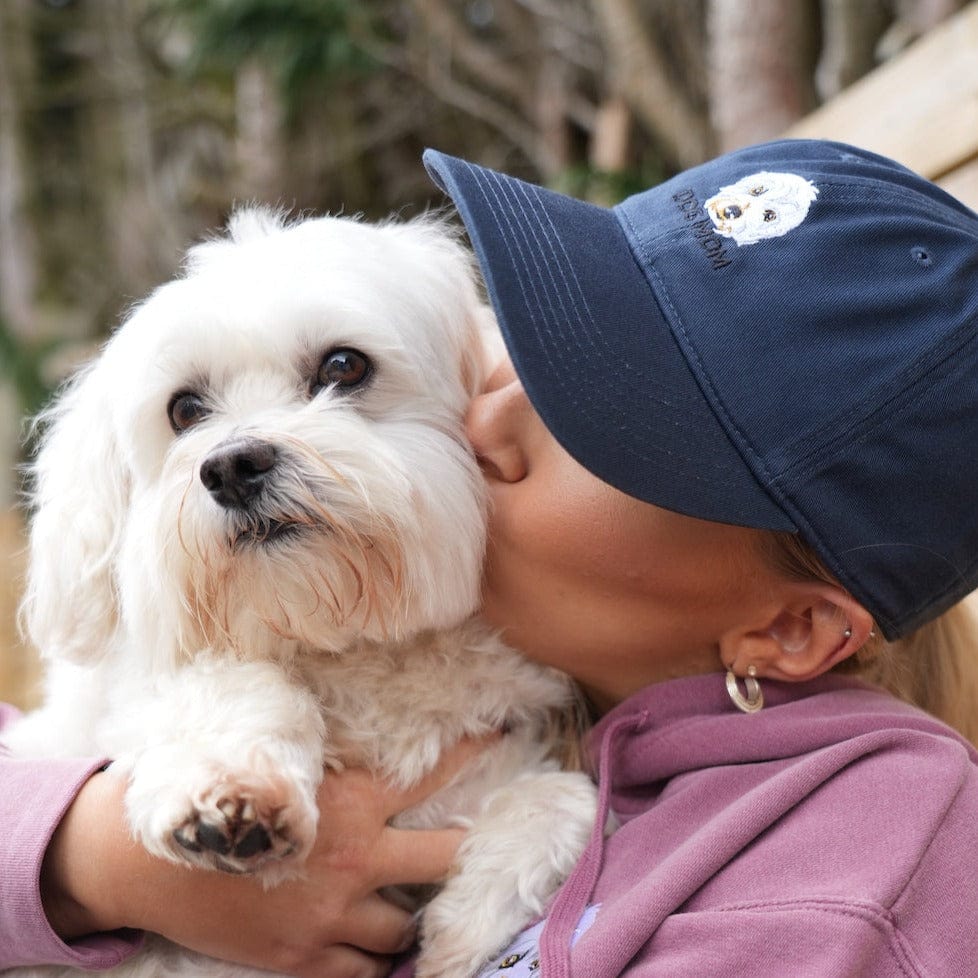
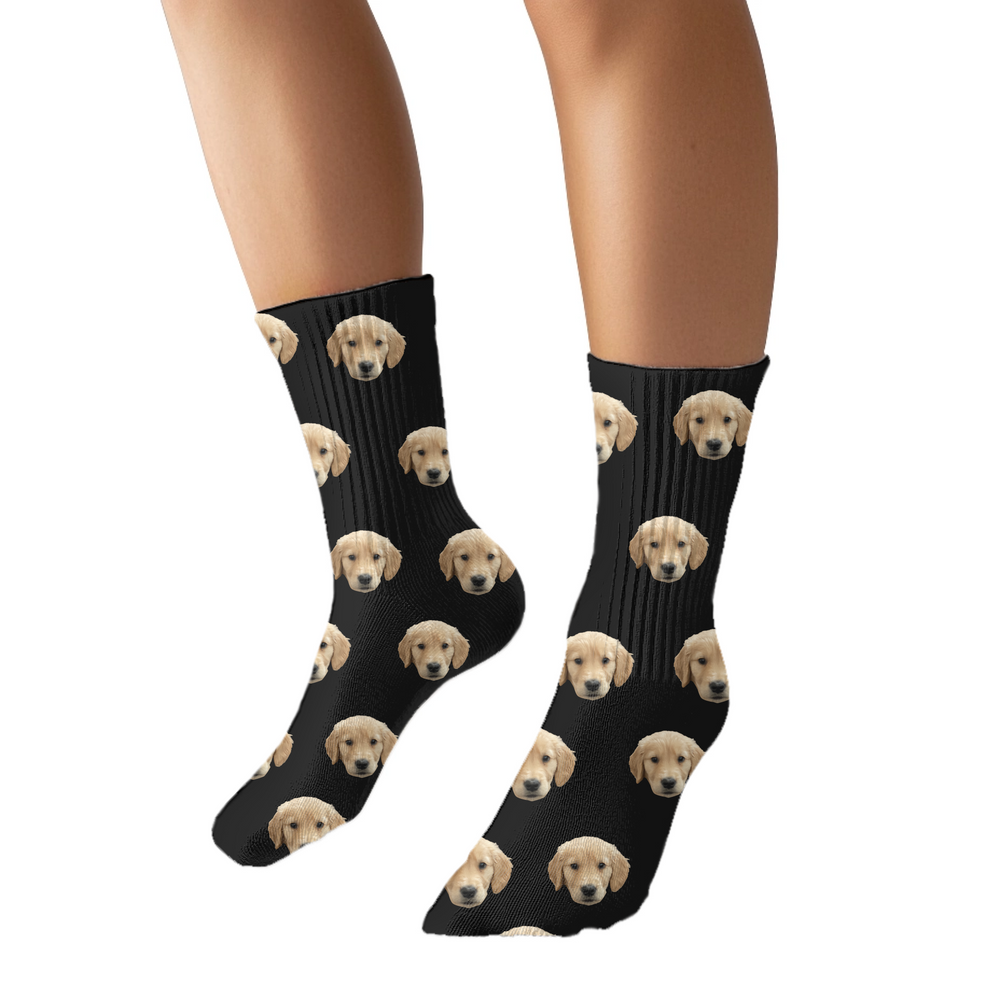
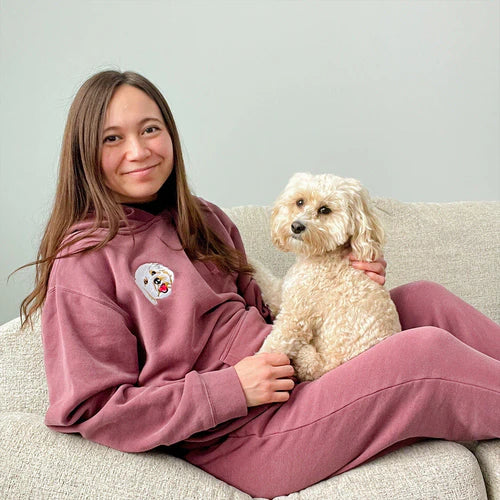


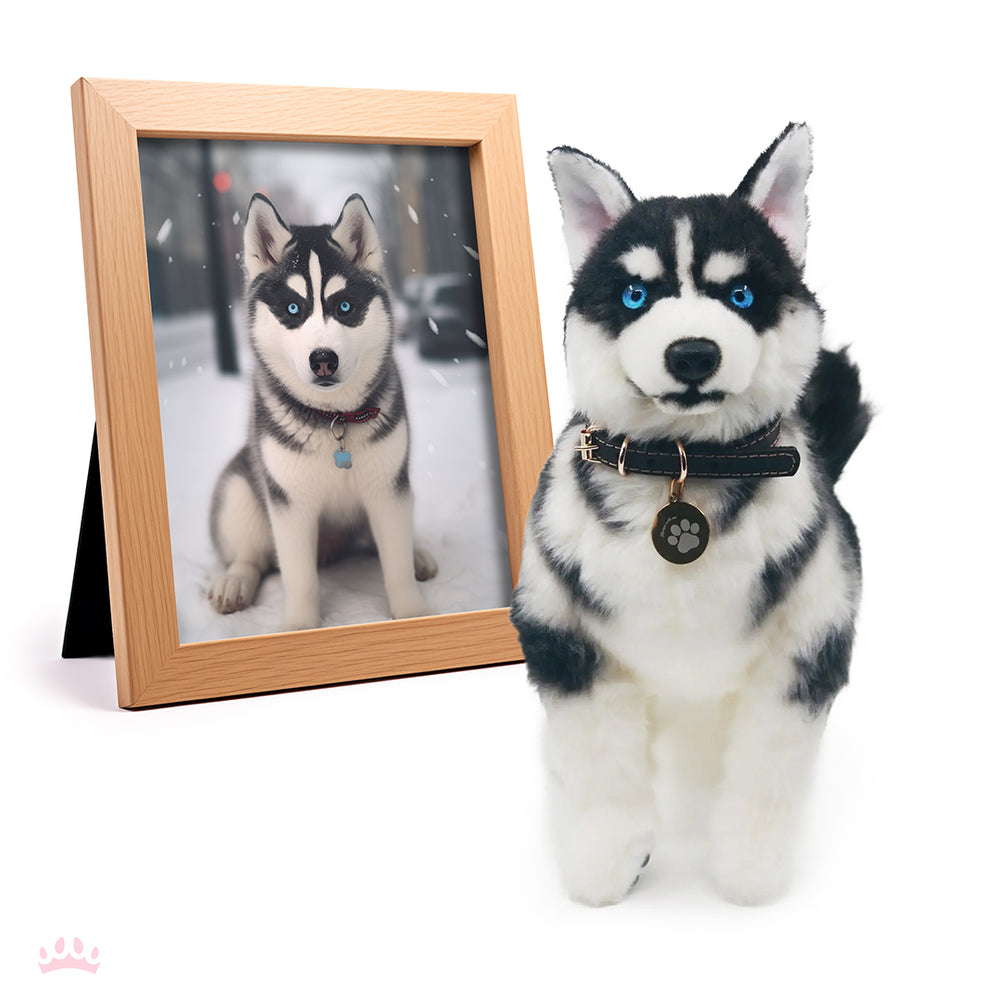
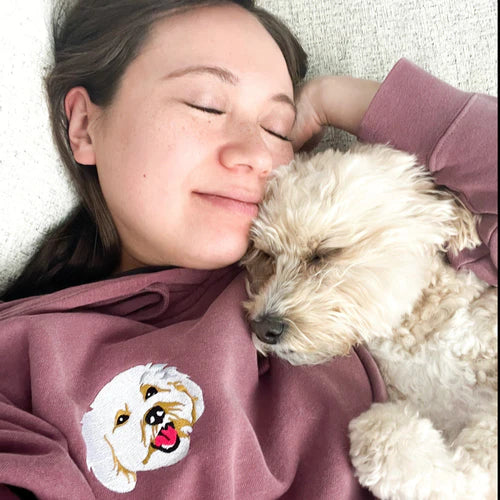





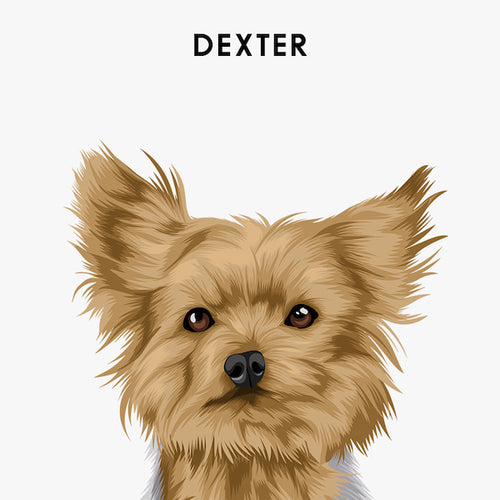






 Reviews
Reviews
 My Account
My Account
 Contact Us
Contact Us
 Help
Help


